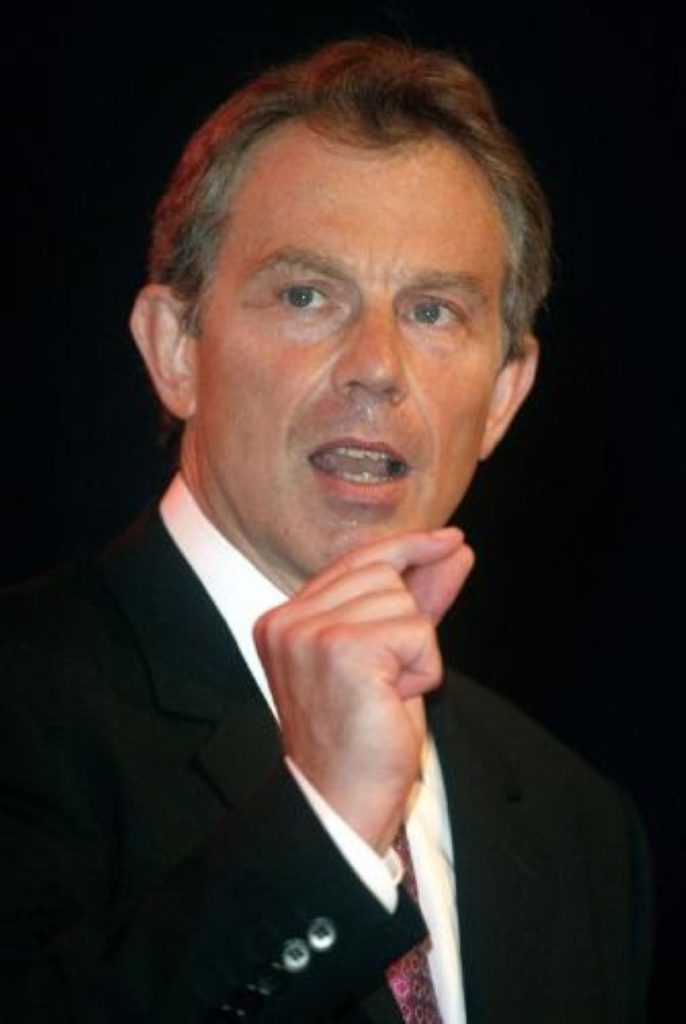Labour focuses on business
Prime Minister Tony Blair has set out the challenges facing the country’s economy as he launched the party’s business manifesto.
He said Labour was now a party that valued enterprise and appreciated the role of business in creating wealth and employment.
Key pledges included setting up a manufacturing skills academy, increasing the number of apprenticeships to 300,000, and raising science investment to £3.4 billion a year by 2007.
Mr Blair accepted that although “business has delivered in the last six years” developing economies now presented serious challenges. India and China, for example, now educated more than twice the number of computer graduates each year than the whole of the European Union.


He said British business could rise to the challenges ahead, and acknowledged the role government had to play in creating a competitive environment for business, limiting legislation, increasing market liberalisation in Europe, investing in infrastructure, and maintaining a low tax regime.
Mr Blair said his party’s “modern industrial policy for this country” had helped to build a reputation for economic stability in the world, while the Conservatives would put that stability at risk.
“We fought very hard to establish our reputation as the party of entrepreneurship – it’s not a reputation we want to lose,” he said.
But Shadow Industry Secretary Stephen O’Brien said that the Conservatives would champion business and act on deregulation.
Mr O’Brien, said: “British business needs a government which believes in it and will be its champion. Mr Blair has sat back and watched as British businesses foot the £40 billion bill for their red tape and regulations. By backing the Conservatives, British business can root-out the arch regulator-in-chief, the DTI and Mr Blair’s government.”
He added: “We will create a department that stands up for British business with real support, get off its back and on its side. We will create a lean department for business, concentrating on the matters that concern business: regulation, tax, skills and investment.”

